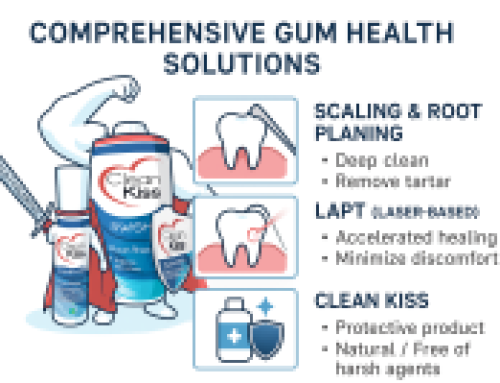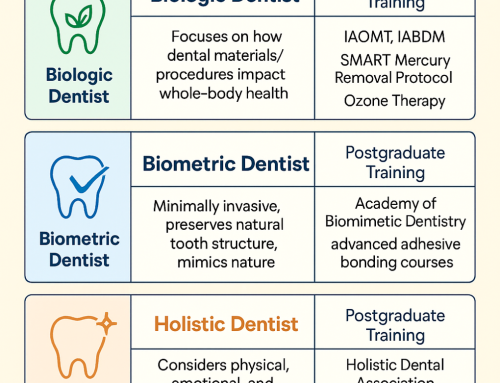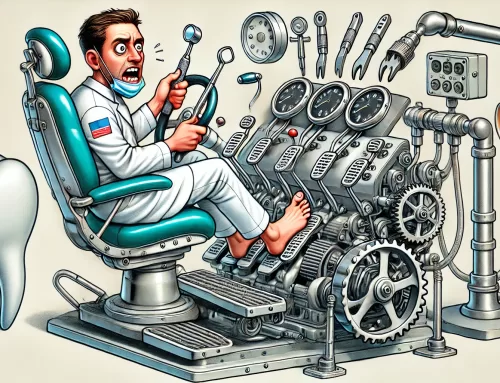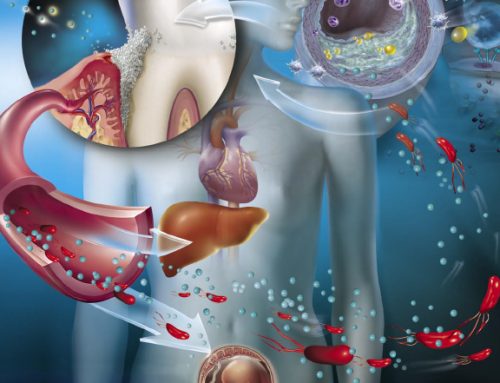High turnover within dental teams poses significant challenges, including disrupted patient care, increased recruitment and training costs, and diminished team morale. Understanding the root causes of this turnover is essential for implementing effective retention strategies. That said, if your team members don’t stay with you for two years or more, we need to talk. Set a complementary call at https://app.greminders.com/c/hcpwellnet/youpickthetime
High turnover within dental teams poses significant challenges, including disrupted patient care, increased recruitment and training costs, and diminished team morale. Understanding the root causes of this turnover is essential for implementing effective retention strategies.
Key Factors Contributing to Dental Team Turnover:
- Inadequate Compensation: Feeling underpaid is a primary source of dissatisfaction among dental professionals. Surveys indicate that many dental assistants and hygienists consider their compensation insufficient, prompting them to seek opportunities elsewhere. Google “Hygienist salary in my zip code” to see salary ranges. Missmatch? You got it: call for personalized solutions.
- Poor Leadership and Management: Employees often leave due to ineffective leadership. A lack of support, guidance, and mentorship can lead team members to feel undervalued and unsupported, increasing the likelihood of turnover. This usually happens because there is a mismatch between office structures and dentist philosophy. Learn how to match structures to philosophy on a complementary call: https://app.greminders.com/c/hcpwellnet/youpickthetime
- Limited Professional Growth: The absence of clear career advancement opportunities can result in decreased job satisfaction. When team members perceive a lack of growth potential, they may seek positions that offer better development prospects. The fact is that unless you reward on increased profitability, like teachers, dental teams don’t typically have growth potential. Learn how with a complementary call for customized solutions.
- Workplace Stress and Burnout: Long work hours, demanding job expectations, and workplace conflicts contribute to stress and burnout among dental professionals. Without adequate support and recognition, employees may choose to leave the practice. There are many ways to support and recognize beyond money
- Lack of Recognition: Employees who feel their efforts go unnoticed are more likely to become disengaged. Regular acknowledgment and appreciation are crucial for maintaining morale and loyalty. Do you have regular team meetings? Take time at every meeting to recognize top performance.
- Inflexible Practice Policies: Rigid policies that interfere with a professional’s ability to perform effectively can lead to frustration. Practices that do not adapt to the needs of their team may experience higher turnover rates. Let’s discuss reasonable expectations from team!
Strategies to Mitigate Turnover:
- Competitive Compensation: Regularly review and adjust salaries to align with industry standards, ensuring team members feel adequately compensated for their contributions.
- Effective Leadership: Invest in leadership training to foster a supportive and inspiring management team that can mentor and guide employees.
- Professional Development: Offer opportunities for continuing education and clearly outline potential career paths within the practice to encourage growth.
- Positive Work Environment: Cultivate a culture that prioritizes work-life balance, open communication, and mutual respect to reduce stress and prevent burnout.
- Regular Recognition: Implement programs to regularly acknowledge and reward employee achievements, reinforcing their value to the practice.
- Flexible Policies: Develop adaptable practice policies that consider the well-being and input of the team, promoting a sense of ownership and satisfaction.
By addressing these factors, dental practices can create a more stable and committed team, leading to improved patient care and overall practice success.
Key Factors Contributing to Dental Team Turnover:
- Inadequate Compensation: Feeling underpaid is a primary source of dissatisfaction among dental professionals. Surveys indicate that many dental assistants and hygienists consider their compensation insufficient, prompting them to seek opportunities elsewhere.
- Poor Leadership and Management: Employees often leave due to ineffective leadership. A lack of support, guidance, and mentorship can lead team members to feel undervalued and unsupported, increasing the likelihood of turnover.
- Limited Professional Growth: The absence of clear career advancement opportunities can result in decreased job satisfaction. When team members perceive a lack of growth potential, they may seek positions that offer better development prospects.
- Workplace Stress and Burnout: Long work hours, demanding job expectations, and workplace conflicts contribute to stress and burnout among dental professionals. Without adequate support and recognition, employees may choose to leave the practice.
- Lack of Recognition: Employees who feel their efforts go unnoticed are more likely to become disengaged. Regular acknowledgment and appreciation are crucial for maintaining morale and loyalty.
- Inflexible Practice Policies: Rigid policies that interfere with a professional’s ability to perform effectively can lead to frustration. Practices that do not adapt to the needs of their team may experience higher turnover rates.
Strategies to Mitigate Turnover:
- Competitive Compensation: Regularly review and adjust salaries to align with industry standards, ensuring team members feel adequately compensated for their contributions. Just Google “salary for dental hygienist in my zip code”.
- Effective Leadership: Invest in leadership training to foster a supportive and inspiring management team that can mentor and guide employees.
- Professional Development: Offer opportunities for continuing education and clearly outline potential career paths within the practice to encourage growth.
- Positive Work Environment: Cultivate a culture that prioritizes work-life balance, open communication, and mutual respect to reduce stress and prevent burnout.
- Regular Recognition: Implement programs to regularly acknowledge and reward employee achievements, reinforcing their value to the practice.
- Flexible Policies: Develop adaptable practice policies that consider the well-being and input of the team, promoting a sense of ownership and satisfaction.
By addressing these factors, dental practices can create a more stable and committed team, leading to improved patient care and overall practice success.









Leave A Comment
You must be logged in to post a comment.